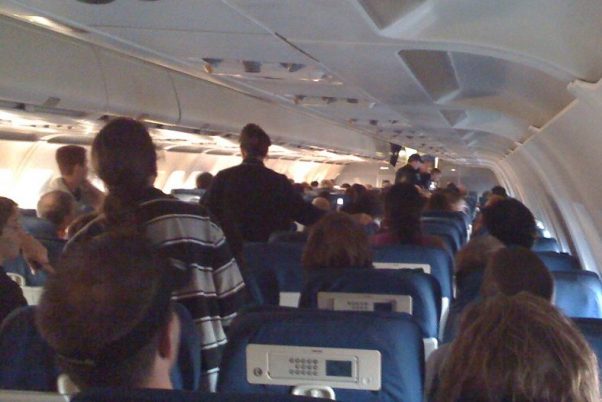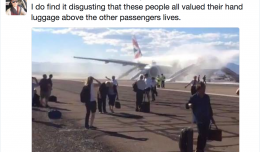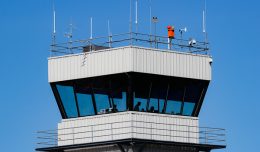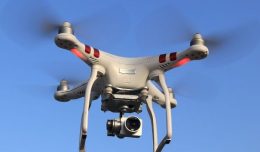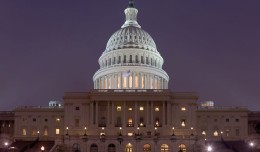For many years now, there have been occasional reports of disruptive passengers on flights. These disruptions often lead to a flight being diverted and a passenger or two removed from the aircraft. The rest of the passengers, as well as those on later flights with that aircraft or crew, end up delayed. Sometimes, the flight can be back up in the air within an hour. Other times, the delay can last significantly longer, especially if the crew runs out of duty hours. In other cases, the offending passengers are simply restrained onboard by the crew. On arrival at their intended destination, they are arrested and removed from the aircraft. While the airline may try to recover some of the costs incurred, it’s rarely publicized.
With the onset of the COVID-19 pandemic, additional protocols were put in place. This was done by both the airlines and in the case of the United States, by the FAA. These protocols placed some stringent rules on how passengers would behave onboard an aircraft. For example, the wearing of face masks became a requirement for all access to airports and on flights. At times, certain airlines restricted the amount of seats that were being sold on flights. Some airlines blocked middle seats to ensure social distancing. Airlines controlled how passengers deplaned the aircraft, row by row to ensure the same social distancing. Of course, it remains a federal offence to interfere with any airline crew member in the course of their duties.
In some cases, this has drawn out the worst in some traveling passengers. These have regularly been documented by the news media. The public’s disregard for rules has led to physical altercations both in terminals and onboard aircraft. In the more severe cases, they have resulted in physical assaults on members of the cabin crew. In these cases, law enforcement has become involved, with the disruptive passengers often ending up arrested for their actions. Many airlines have also resorted to banning passengers who violate rules and cause disturbances.
American Airlines passenger was duct taped to her seat after she tried to open the plane door, then bit a flight attendant. pic.twitter.com/nDsu3GWnOP
— Mike Sington (@MikeSington) July 11, 2021
The Federal Aviation Administration has also become heavily involved in enforcement. On an almost bi-weekly basis, the FAA issues press releases listing alleged violations by passengers and the substantial fines proposed. These reports make for interesting reading, and are able to be viewed by anyone wishing to read them on the FAA’s website. Examples of the violations range from the proposed imposition of a fine of $7,500 for a passenger continually lowering the required facemask and causing all passengers about the flight to be deplaned and the flight delayed for 38 minutes to the imposition of a fine of $21,000 for drinking non-airline provided alcohol, refusing to wear a face covering and physical assault of a fellow passenger.
The FAA clearly states on each press release,
“The Centers for Disease Control and Prevention (CDC), the Transportation Security Administration (TSA), and the U.S. Department of Transportation (DOT) reminded the traveling public on May 14 that if you travel, you are still required to wear a mask on planes, buses, trains, and other forms of public transportation traveling into, within, or out of the United States. Masks are also required in U.S. transportation hubs such as airports and stations.
Federal law prohibits interfering with aircraft crew or physically assaulting or threatening to physically assault aircraft crew or anyone else on an aircraft. Passengers are subject to civil penalties for such misconduct, which can threaten the safety of the flight by disrupting or distracting cabin crew from their safety duties. Additionally, federal law provides for criminal fines and imprisonment of passengers who interfere with the performance of a crewmember’s duties by assaulting or intimidating that crewmember.
The FAA is strictly enforcing a zero-tolerance policy toward passengers who cause disturbances on flights, fail to obey flight crew instructions in violation of the FAA’s regulations, or engage in conduct proscribed by federal law.”
Air travel is a privilege granted to all. For the vast majority of the traveling public who are willing to follow the rules and guidelines, it still is a preferred mode of transport. However, a few passengers feel they are above the law. Or feel that their own needs are more important than those of their fellow travelers. For those, be warned that your actions can lead to a sudden and dramatic increase in cost.
Top Image: “Cops take off unruly passenger” by jeffk is licensed under CC BY 2.0


